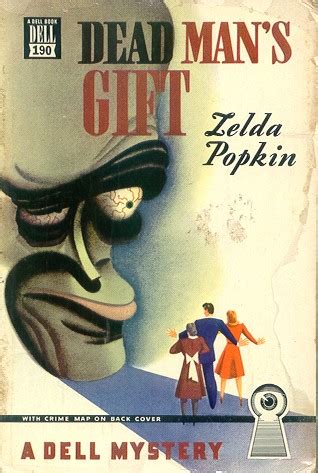A Quote by Ro Khanna
In my first year in Congress, I introduced a War Powers Resolution to end the war in Yemen.
Quote Topics
Related Quotes
With respect to the creation of the program, I introduced the bill in September 1945, immediately after the end of the war with Japan, in August of that year. A number of considerations, of course, entered into my decision to introduce the bill, growing from my own experience as a Rhodes scholar and the experiences our government had had with the first Word War debts, [Herbert] Hoover's efforts in establishing the Belgian-American Education Foundation after World War I, [and] the Boxer Rebellion indemnity.
Particularly when the war power is invoked to do things to the liberties of people, or to their property or economy that only indirectly affect conduct of the war and do not relate to the engagement of the war itself, the constitutional basis should be scrutinized with care. ... I would not be willing to hold that war powers may be indefinitely prolonged merely by keeping legally alive a state of war that had in fact ended. I cannot accept the argument that war powers last as long as the effects and consequences of war for if so they are permanent -- as permanent as the war debts.
With 450,000 U. S. troops now in Vietnam, it is time that Congress decided whether or not to declare a state of war exists with North Vietnam. Previous congressional resolutions of support provide only limited authority. Although Congress may decide that the previously approved resolution on Vietnam given President Johnson is sufficient, the issue of a declaration of war should at least be put before the Congress for decision.
No power but Congress can declare war; but what is the value of this constitutional provision, if the President of his own authority may make such military movements as must bring on war? ... [T]hese remarks originate purely in a desire to maintain the powers of government as they are established by the Constitution between the different departments, and hope that, whether we have conquests or no conquests, war or no war, peace or no peace, we shall yet preserve, in its integrity and strength, the Constitution of the United States.
We recognize the force of the argument that the effects of war under modern conditions may be felt in the economy for years and years, and that if the war power can be used in days of peace to treat all the wounds which war inflicts on our society, it may not only swallow up all other powers of Congress but largely obliterate the Ninth and the Tenth Amendments as well.
After the end of the cold war, everybody thought, fantastic, finally the UN may be able to do what it was originally set up to do without big power divisions. It would be easy to get them to come together to resolve things. You will recall, on the first Gulf war, you almost got a unanimous resolution and a very solid coalition.
The twentieth century had dispensed with the formal declaration of war and introduced the fifth column, sabotage, cold war, and war by proxy, but that was only the begining. Summit meetings for disarmament pursued mutual understanding and a balance of power but were also held to learn the strengths and weaknesses of the enemy. The world of the war-or-peace alternative became a world in which war was peace and peace war.
We desire peace. However, if imperialism insists on fighting a war, we will have no alternative but to take the firm resolution to fight to the finish before going ahead with our construction. If you are afraid of war day in day out, what will you do if war eventually comes? First, I said that the East Wind is prevailing over the West Wind and war will not break out, and now I have added these explanations about the situation in case war should break out. Both possibilities have thus been taken into account.

































